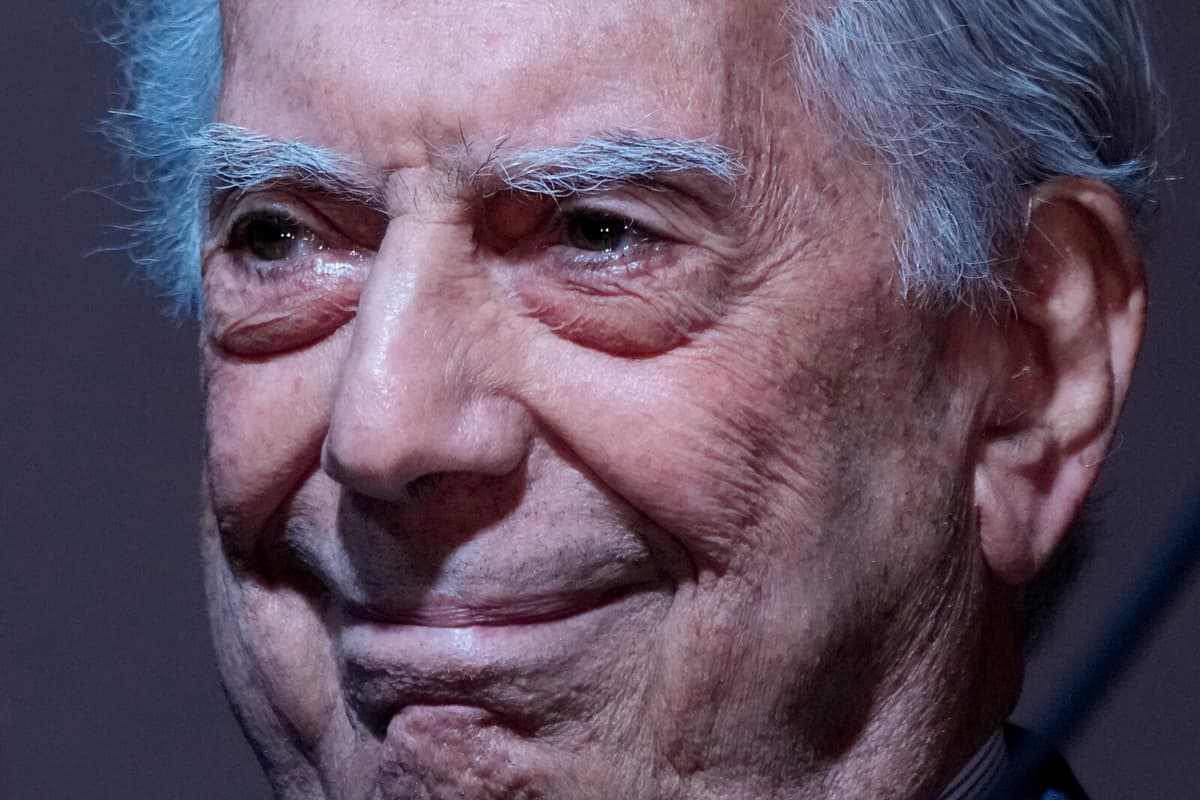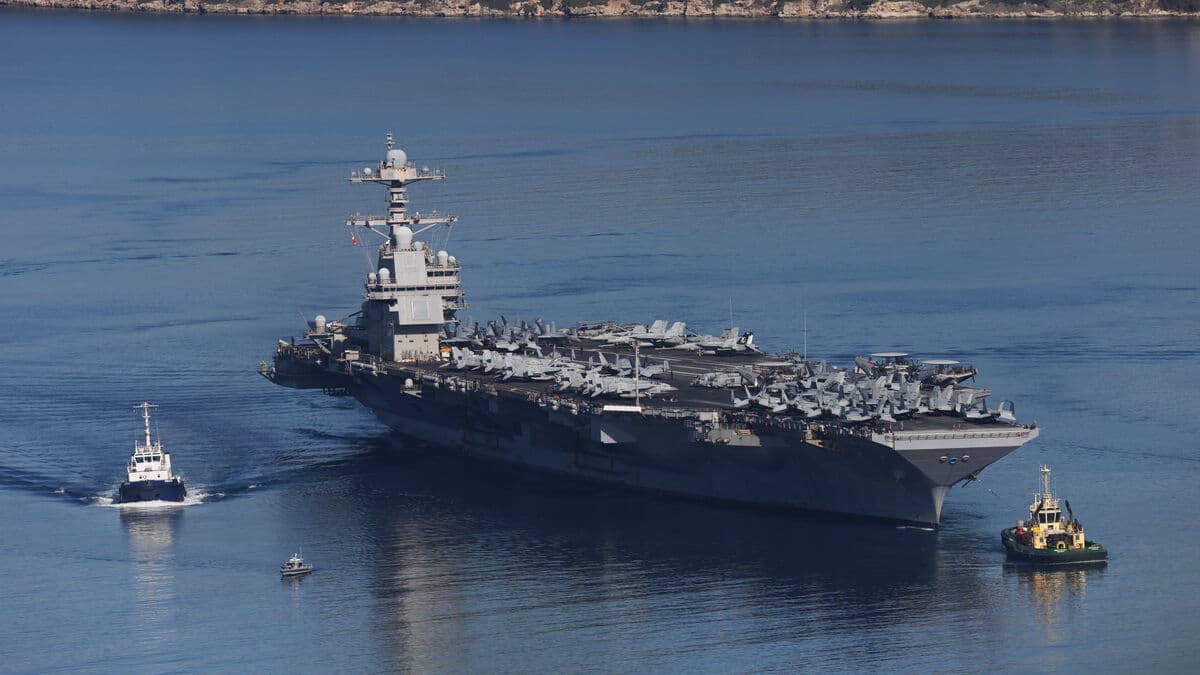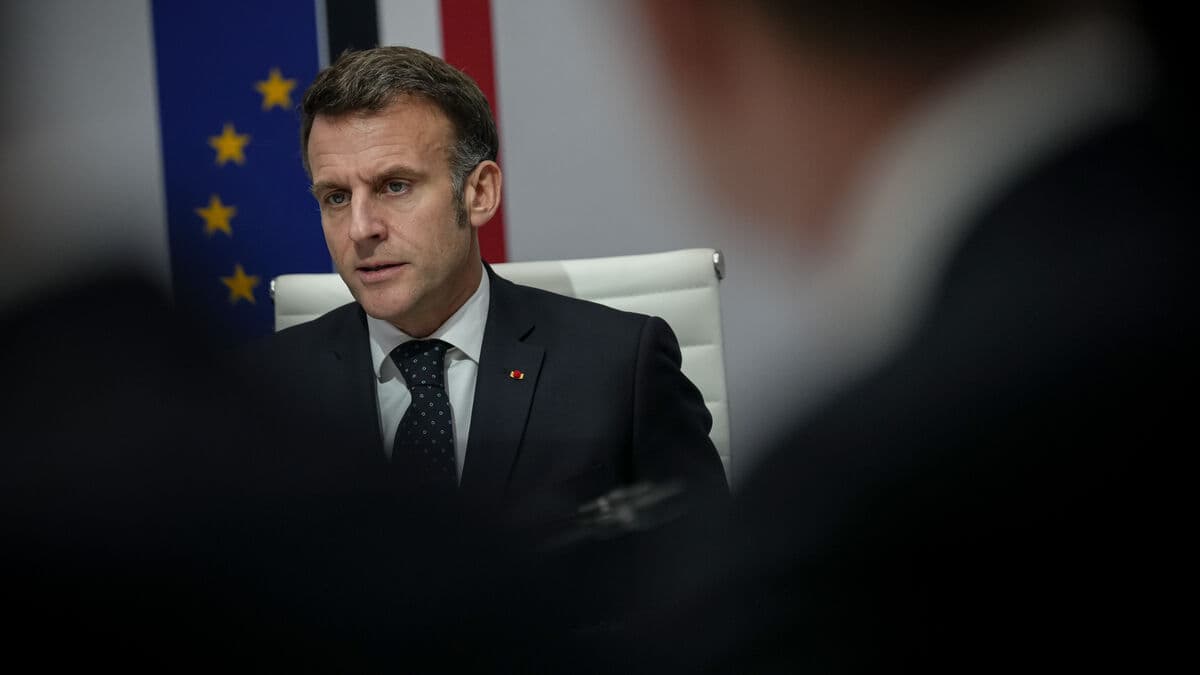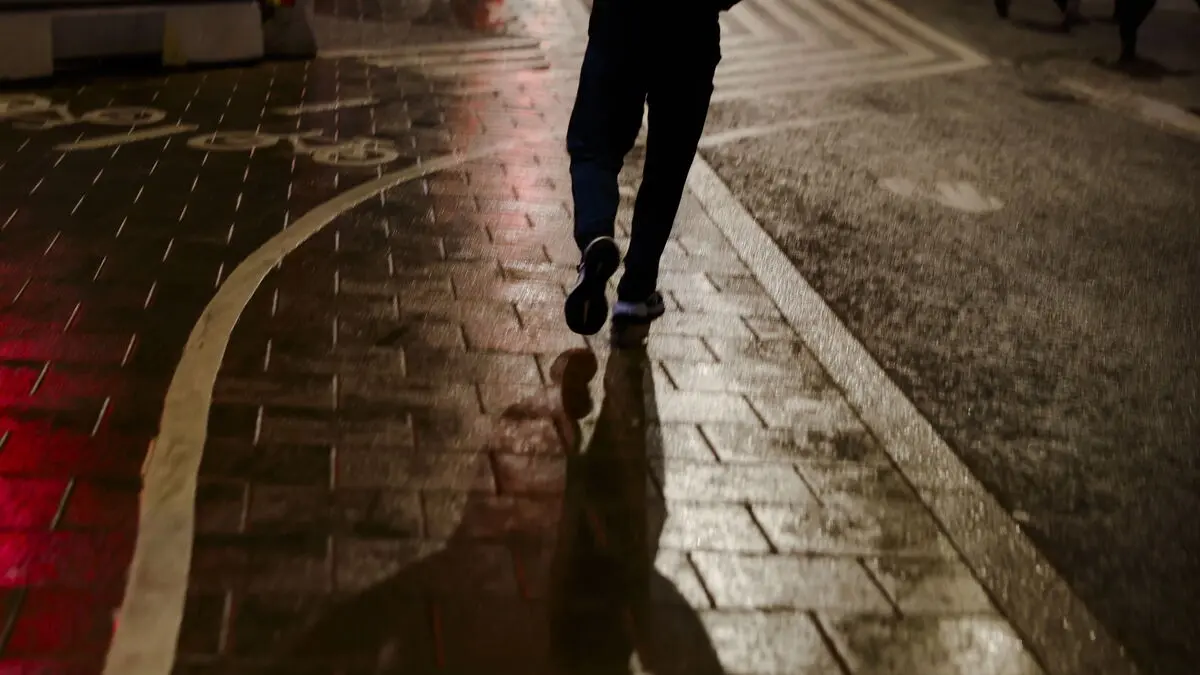"With deep sorrow, we announce that our father, Mario Vargas Llosa, has passed away today in Lima, in silence and surrounded by his family", writes his eldest son Alvaro in a statement on X.
Together with another future Nobel laureate, Gabriel García Márquez – with whom he was sometimes at odds – Mario Vargas Llosa revitalized Latin American literature in the 1960s and 1970s, emphasizes his Swedish publisher.
The early books are actually incredible, you see this young author – what power he had in his prose! But what impresses me is that he continued to maintain a high level throughout his career, says Håkan Bravinger.
Mario Vargas Llosa received the Nobel Prize in 2010, which he then described as "a wonderful surprise".
I thought I was forgotten by the Swedish Academy and I didn't even know that the prize winner was announced this month, he said to TT after the announcement.
"Making a difference"
As a young man, Mario Vargas Llosa used writing as a form of resistance, first against his authoritarian father, then against a repressive political system.
Writing is a way to make a difference. Literature is always a way to say no, to oppose conformity. To introduce nuances and discrepancies, that is literature's task, he said in an interview with TT in 2011.
Among the most acclaimed novels is "Aunt Julia and the Scriptwriter" from 1977, which partly builds on his first marriage – as a young man, he married a woman ten years his senior.
He received the Nobel Prize for his "mapping of power structures and sharp images of individual resistance, revolt and defeat" – something that is easy to apply to "The Feast of the Goat" (2000), a political thriller set in the Dominican Republic during the reign of terror of dictator Rafael Leonidas Trujillo. The novel is often described as one of Llosa's finest works.
Presidential election
Vargas Llosa also had a strong political commitment and was described in the 1980s as neoliberal. In 1990, he ran in the presidential election in Peru but lost and decided to devote himself to literature full-time.
I think he was a bit of a "larger than life person", says Håkan Bravinger.
Peru was quite chaotic at the time. There were several movements that might have tempted him to believe that he, with his connections, could set everything right.
Mario Vargas Llosa was born in 1936 in Arequipa, Peru.
As a young man, he studied law and literature in Lima and Madrid. In 1959, he moved to Paris, where he worked as a language teacher and journalist. In later years, he lived in Barcelona, Madrid, Paris, and London.
He debuted in 1959. The international breakthrough came with "The City and the Dogs" in 1963. In Peru, the book was perceived as controversial because it was based on experiences from the military academy and was strongly critical of the military establishment.
In 1975, Mario Vargas Llosa was elected to the Peruvian Academy.
In 1990, he ran as a presidential candidate for Fredemo in Peru, but lost the election.
In 1994, he was elected to the Spanish Academy.
In an interview with El País, he stated that he was a big fan of Stieg Larsson's Millennium trilogy. He emphasized, however, that his admiration did not build on literary qualities but on the skillfully crafted characters, with Lisbeth Salander at the forefront.






